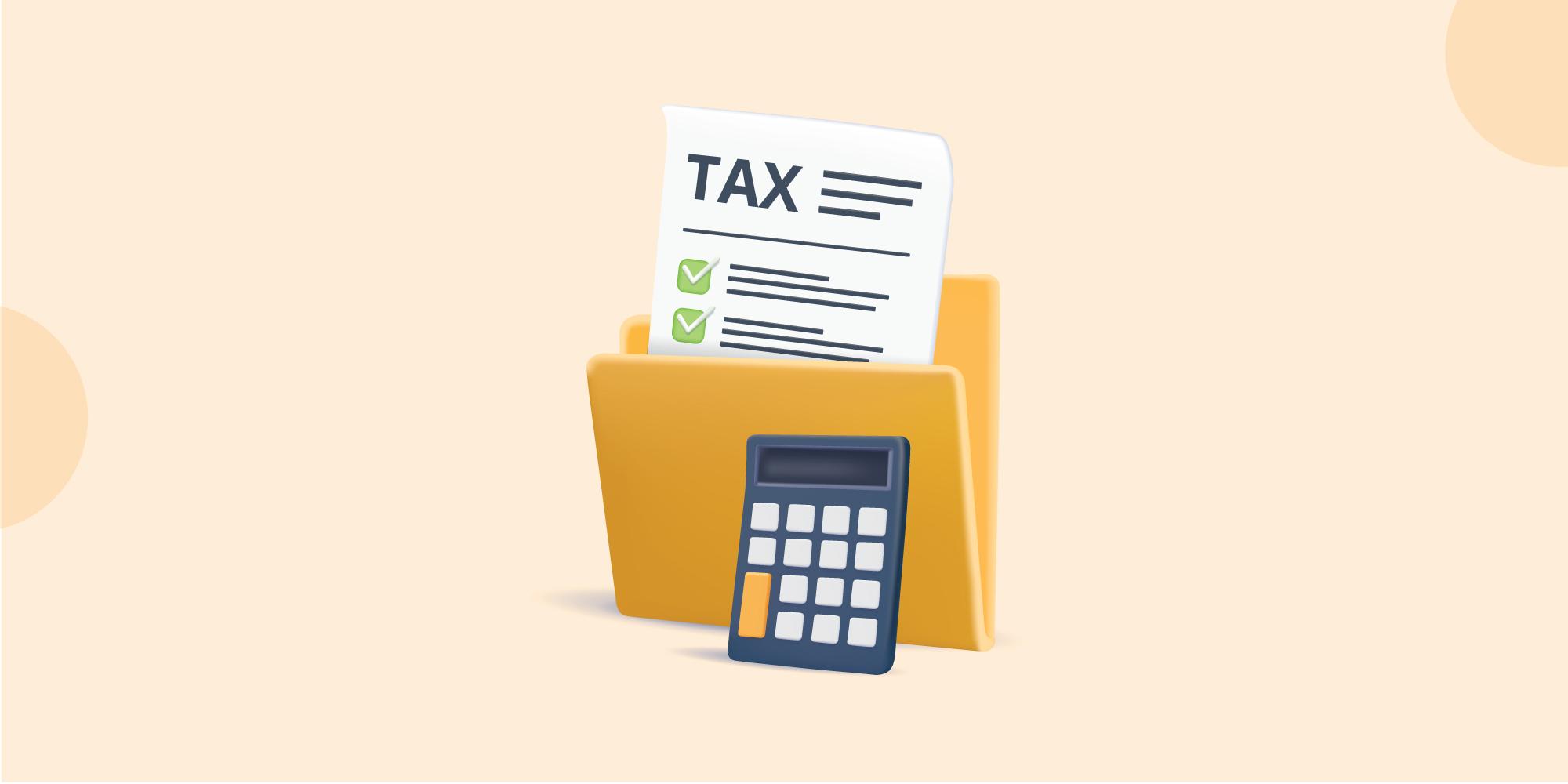Ultimate Guide to Tax Evasion and Its Penalties
Reviewed by: Fibe Research Team
- Updated on: 23 May 2025

Taxes like income tax, GST, import-export duties, etc., are mandatory in India. When individuals or businesses attempt to avoid paying taxes, they commit tax evasion. If you are not aware of the meaning of tax evasion and its criteria, you can land up in financial trouble.
Tax evasion is the illegal act of underreporting income, inflating expenses or using false schemes to avoid paying rightful taxes. There are several penalties for tax evasion in India, which can range from 100% to 300%.
Understanding what is tax evasion, how it can happen, its penalties and how it is different from tax avoidance is necessary for your financial health. Read on to know more.
Table of Contents
Understanding Tax Evasion
Misrepresenting income to the Income Tax Department to reduce taxable income is tax evasion. It violates the law and Chapter XXII of the Income Tax Act, 1961, clearly outlines its penalties. Some examples of evasion would be when:
- A taxpayer inflates expenses or hides cash sales to lower taxable income.
- An individual fails to report rental income or undisclosed financial gains.
- A company creates fake invoices to claim deductions on non-existent transactions.
- Taxpayers underreport their net income in any way.
How Tax Evasion Happens?
There are many reasons for evading taxes – it can happen by mistake or sometimes it can be due to greed. It can also happen due to the complexity of tax laws or a lack of awareness. In all cases the penalty on tax evasion is applicable. Thus, it’s best to know the common ways it can happen to take the right precautions:
- Using Cash to Hide Income
Some people or businesses deal in cash to avoid taxes. Cash is harder to track than digital payments. Accepting large cash payments without reporting them is one way of evading taxes.
- Hiding Money in Foreign Accounts
People may store money in secret bank accounts overseas to avoid paying tax. They do it with countries that have strict privacy rules, so it is harder for Indian authorities to track.
- Faking Business Expenses
Business owners can create fake bills or increase their expenses in the records to pay less tax.
- Hiding Real Income
Some individuals or companies don’t report all the money they earn. They do not disclose their cash income, sales, or other earnings to the tax department.
- Taking Deductions Without Proof
Taxpayers may claim deductions by giving false details or fake documents. Common tricks include faking donation receipts or inflating medical bills.
Tax Evasion vs. Tax Avoidance
These 2 terms may sound similar even though they serve different purposes. Here’s a comparison below so you can clearly understand what they mean:
| Aspect | Tax Evasion | Tax Avoidance |
|---|---|---|
| Meaning | You illegally avoid paying taxes with the help of a fake scenario | You reduce your tax legally by using allowed deductions and benefits |
| Legality | Illegal activity | Legal activity |
| Examples | Underreporting, smuggling, falsifying, concealing, etc. | Investing, donating, insuring, saving, structuring, etc. |
| Intent | Intentional fraud | Strategic financial planning |
| Punishment for Tax Evasion | Penalties, fines, imprisonment, etc. | May face audits or legal challenges |
Penalties for Tax Evasion
Tax evasion affects both the government and society. Thus, there are several penalties under the Income Tax Act to prohibit it, including:
| Conditions | Details | Penalties |
|---|---|---|
| Late Income Tax Return (ITR) Filing | Delay in filing income tax returns | up to ₹5,000 |
| Hiding Income | Concealing income may lead to a penalty on tax evasion under Section 271c | 100% to 300% of the evaded tax |
| Skipping Audit | Penalty for not auditing and missing audits under Section 44AB and Section 92E | Section 44AB: 0.5% of turnover or ₹1,50,000, whichever is higher Section 92E: ₹1,00,000 penalty |
| Tax Deduction at Source (TDS) and Tax Collected at Source (TCS) Non-Compliance | Failing to deposit TDS or TCS within the stipulated time | Not obtaining Tax Deduction and Collection Account Number (TAN): ₹10,000 penalty Late TDS/TCS filing: ₹200/day (up to TDS amount) Wrong/non-filing of TDS/TCS: ₹10,000 to ₹1,00,000 |
| Deliberate Tax Evasion | Falls under Section 276C | ₹25 lakh can lead to 6 months–7 years of jail |
| Incorrect or Missing PAN | Providing incorrect PAN | Wrong PAN: ₹10,000 fine No PAN: Higher TDS (e.g., 20% instead of 10%) |
Tax evasion is illegal and evaders end up paying a substantial penalty. It can even lead to legal action and even jail time. This is different from tax avoidance, which is legal and involves using methods like tax-saving investments or claiming deductions to reduce your tax bill.
It is extremely important to pay attention to the details of the income tax department’s rules and regulations. Instead of risking penalties on tax evasion, there are legal and convent ways of managing financial needs. With Fibe’s Instant Personal Loan, you can arrange funds up to ₹5 lakhs at attractive rates and a flexible repayment plan.
With no end-use restrictions, 100% digital application and 0 foreclosure charges, this loan offers freedom and convenience. Apply for the loan easily on the Fibe App.
FAQs on Tax Evasion
Why is tax evasion so common?
While most fraudster do it to satisfy their greed, here are some reasons behind instances of tax evasion:
- High tax rates
- Lack of integrity among individuals
- Complex tax rules
- Weak enforcement capacity
What is the highest penalty for tax evasion?
If you hide your income for an extensive amount of time, then you may have to pay 100% to 300% of the evaded tax. For deliberate tax evasion, you can even go to jail along with paying a fine.
What are popular means of tax evasion?
Some ways in which individuals may evade taxes is by:
- Hiding or not reporting income
- Making up expenses to claim deductions
- Creating fake records or documents
- Nor reporting cash transactions
Can I go to jail for tax evasion?
Yes, tax evasion can lead to being convicted for imprisonment as it is a criminal offense. You may also pay fines.
